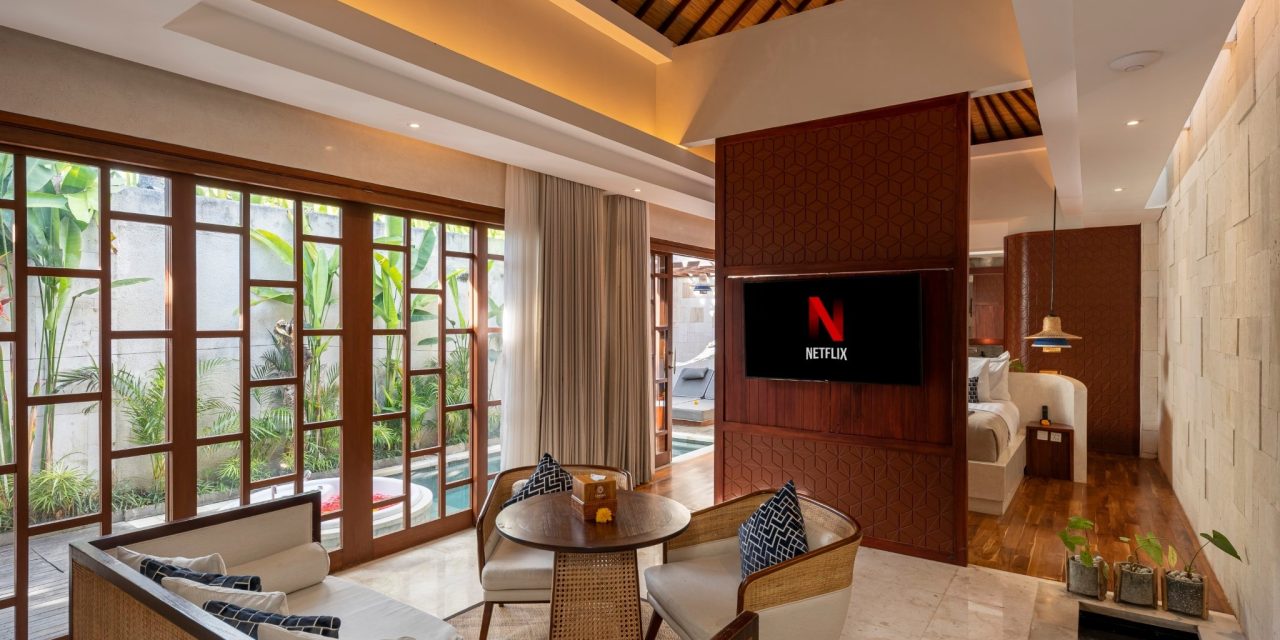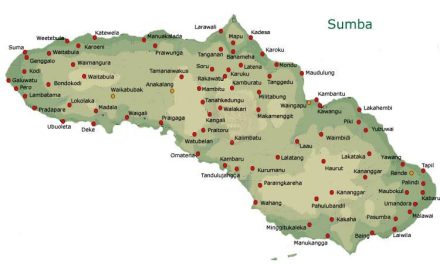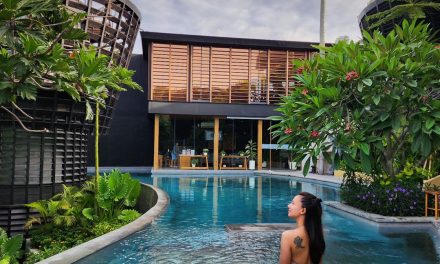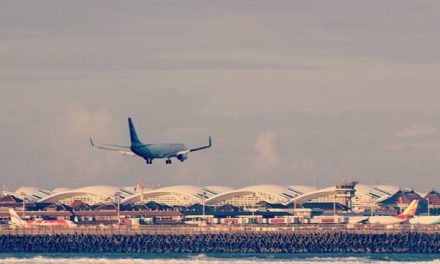Diving in Kuta is an unforgettable experience. Surrounded by stunning coral reefs teeming with vibrant marine life, it’s no wonder that divers flock here from all over the world. But with this paradise comes a responsibility: protecting the very ecosystems we cherish. In this article, I want to share my personal experiences and practical tips on eco-friendly diving practices in Kuta that not only enhance your diving trips but also help preserve the underwater beauty for future generations.
The Magic of Kuta’s Underwater World
My first dive in Kuta was something out of a dream. As I descended into the warm waters, I was greeted by a kaleidoscope of colors—the bright blues, yellows, and reds of coral, alongside schools of fish darting in every direction. It felt like I’d entered another world, one that was fragile yet beautiful. But even then, I could sense an undercurrent of concern; the need to protect this unique environment had never felt more urgent.
Understanding the Impact of Diving
Before I delve into the practices that can help us dive responsibly, let’s take a moment to appreciate the potential impact of our activities on marine ecosystems. Many divers may not realize that simply kicking up sand or touching the coral can cause lasting damage. Coral reefs are incredibly delicate, and they take years—or even decades—to recover from disturbances.
For instance, during one of my dives, I witnessed a fellow diver accidentally break off a piece of coral while trying to take a closer look. The look of horror on their face mirrored the sinking feeling in my stomach. It drove home the fact that we need to be mindful of our actions below the surface.
Practical Eco-Friendly Diving Practices
Here are some eco-friendly diving practices I’ve adopted that make a real difference and are easy to implement:
1. Maintain Buoyancy Control
One of the most effective ways to protect the underwater habitat is by mastering buoyancy control. By staying off the bottom, you avoid kicking up sediment and inadvertently damaging coral. Invest time in mastering this skill during your training dives.
Personal Anecdote: During a dive at the Kuta reefs, I focused diligently on my buoyancy. Midway through, I noticed a majestic sea turtle gliding gracefully nearby. If I hadn’t been careful, I might have missed out on that magical moment—and potentially damaged the reef in my wake.
2. Avoid Touching Marine Life
It’s tempting to reach out and touch the colorful fish or the soft textures of coral, but it’s essential to resist. Human touch can harm many marine species due to oils on our skin or the risk of breakage.
Relatable Scenario: Picture this: You’re diving, and a curious clownfish swims by, practically begging for attention. It’s so cute you just want to reach out! Instead, try to observe and appreciate from a distance. Your camera can capture that moment without putting either of you at risk!
3. Collect and Dispose of Trash
Every dive can be an opportunity to make a difference. I always carry a mesh bag with me, ready to collect any litter I see while diving. Plastic, fishing lines, and other debris find their way into the ocean and can be deadly for marine creatures.
Unique Insight: During one dive, I spotted a plastic bottle caught on a vibrant coral formation. After cleaning it up, I felt a rush of satisfaction—not only did I help clear the ocean, but I also set an example for my dive buddies, who were inspired to do the same.
4. Choose Eco-Conscious Dive Operators
Before you sign up for a dive, research the operator. Choose those who prioritize sustainability and educate divers on eco-conscious practices. Many operators in Kuta are committed to marine conservation efforts and promote responsible diving.
Practical Advice: Ask questions! Inquire about their policies regarding waste management, reef safety, and marine life protection. The more you know, the better equipped you’ll be to make responsible choices.
5. Respect Marine Protected Areas
Kuta has several marine protected areas (MPAs) aimed at preserving its delicate ecosystems. Make sure you’re aware of the boundaries and the regulations, which often include restrictions on fishing and anchoring.
Personal Anecdote: I recall a dive where we entered an MPA filled with vibrant coral gardens. Knowing these areas are protected made the experience feel even more precious. It was a gentle reminder of how our actions can shape the underwater world.
Conclusion
As you gear up for your next adventure in Kuta, remember the weight of responsibility that comes with diving in such a beautiful part of the world. By adopting eco-friendly diving practices, we can ensure that the magical underwater scenes remain intact for future divers to enjoy. If you apply these practices, you not only protect the coral reefs and marine life but also deepen your connection to the ocean. So, let’s be mindful, responsible divers. The ocean is not just a playground; it’s a vital ecosystem that deserves our care and respect.Happy diving and remember to leave nothing but bubbles!






